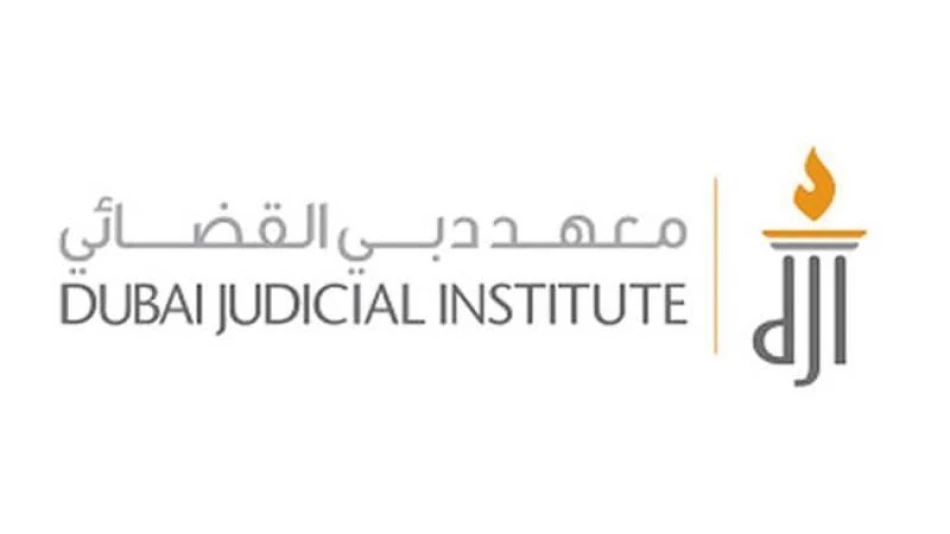
Dubai Courts Achieve Remarkable Milestones in 2024 Annual Report
Dubai Judicial Institute Sets New Standard for Legal Training Innovation in 2024
Dubai's judicial training arm has emerged as a regional leader in legal education, combining cutting-edge technology with traditional legal expertise to reshape how judges and prosecutors prepare for modern challenges. The Dubai Judicial Institute's 2024 achievements signal a broader transformation in how Middle Eastern legal systems are adapting to digital-first governance and international best practices.
Digital Innovation Drives Training Revolution
The institute's most striking innovation came through its launch of a "Digital Crime Scene in the Metaverse" – a virtual reality platform that allows Dubai's public prosecutors to investigate simulated crime scenes in an immersive digital environment. This represents a significant leap beyond traditional classroom-based legal training, positioning Dubai ahead of many Western jurisdictions still relying on conventional methods.
The Dubai Judicial Training Platform launched in 2024 further demonstrates this digital-first approach, creating an integrated portal where legal professionals can access self-paced learning modules anytime, anywhere. This flexibility addresses a critical challenge facing judicial systems globally: how to maintain continuous professional development while managing heavy caseloads.
International Recognition Validates Regional Leadership
The institute's receipt of the "Shield of Excellence for Arab Judicial Training" from the Arab League's legal research center underscores Dubai's growing influence in regional legal education. This recognition comes as Gulf states increasingly position themselves as alternatives to traditional Western legal and financial hubs.
More significantly, the institute secured institutional accreditation from the UAE's Ministry of Higher Education and Scientific Research, lending academic credibility to its programs and potentially allowing for degree-granting authority – a development that could attract international legal professionals seeking specialized Middle Eastern law expertise.
Scale and Reach Demonstrate Growing Influence
The numbers reveal the institute's expanding footprint: 131 training programs delivered to 7,337 participants across 986 local and international organizations in 2024. This scale suggests Dubai is not merely training its own judicial workforce but positioning itself as a regional hub for legal education, similar to Singapore's role in Asian financial services.
The participation of both government and private sector entities indicates the institute is bridging the gap between public judicial training and commercial legal education – a hybrid model that could prove attractive to other emerging legal markets.
Quality Standards Signal Institutional Maturity
The institute's achievement of ISO 22301:2019 certification for business continuity management and ISO 9001:2015 for quality management systems reflects a systematic approach to institutional development. These certifications matter because they demonstrate Dubai's commitment to international standards at a time when global legal and business communities are scrutinizing Middle Eastern institutions more closely.
The launch of the second edition of the "Future Research Competition" further positions the institute as a thought leader in legal innovation, encouraging researchers to explore emerging legal challenges – from cryptocurrency regulation to artificial intelligence governance – that will define the next decade of jurisprudence.
Strategic Implications for Regional Legal Markets
Dubai's judicial training innovations arrive at a crucial moment. As the UAE strengthens its position as a global business hub, the quality and sophistication of its legal infrastructure becomes increasingly important for attracting international investment and talent. The institute's focus on digital innovation and international partnerships suggests Dubai recognizes that legal systems, like financial markets, must compete globally for credibility and relevance.
This development also reflects broader trends in legal education worldwide, where traditional law schools face pressure to incorporate technology and practical skills training. Dubai's success in this area could provide a model for other emerging legal markets seeking to modernize their judicial systems while maintaining cultural and legal traditions.
Most Viewed News

 Omar Rahman
Omar Rahman






